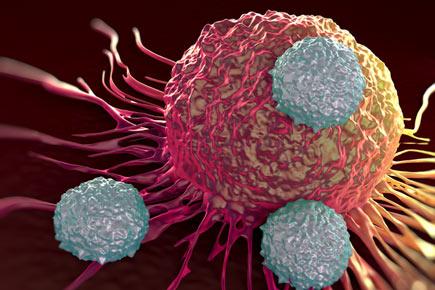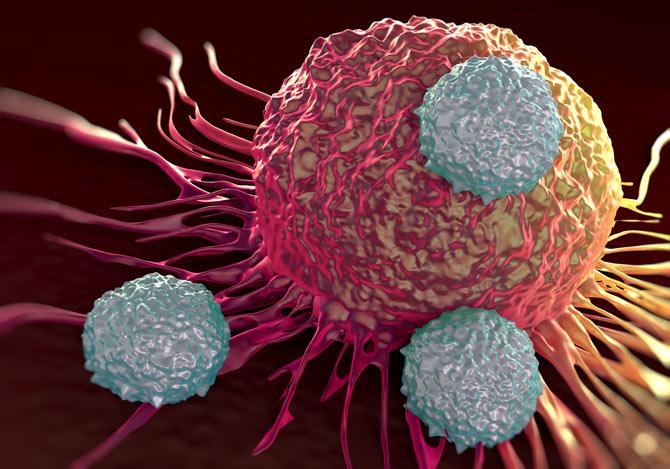The study, published in the in the journal PNAS, is the first to point to possible transmission of this virus between species


A potentially fatal viral infection that affects pigs can readily find its way into human cells, say scientists, raising concerns about the potential for outbreaks that threaten our health. Researchers at Ohio State University in the US and Utrecht University in the Netherlands collaborated to better understand the new virus and its potential reach.
The study, published in the in the journal PNAS, is the first to point to possible transmission of this virus between species. Porcine deltacoronavirus was first identified in 2012 in pigs in China, but it was not associated with disease. It was first detected in the US in 2014 during a diarrhea outbreak in Ohio pigs and has since been detected in various countries. Young, infected pigs experience acute diarrhea and vomiting. The disease can be fatal.
As of yet, no human cases have been documented, but scientists are concerned about the possibility. "Before it was found in pigs ¿ including in the Ohio outbreak ¿ it had only been found in various birds," said Linda Saif, a professor in Ohio State University in the US. "We're very concerned about emerging coronaviruses and worry about the harm they can do to animals and their potential to jump to humans," said Saif.
Emergence of the new virus is especially worrisome to veterinary and public-health experts because of its similarity to the life-threating viruses responsible for SARS (severe acute respiratory syndrome) and MERS (Middle East respiratory syndrome) outbreaks. The potential for a virus to jump from one species to another is highly dependent on its ability to bind to receptors on the cells of the animal or human, said Scott Kenney, an assistant professor at Ohio State University.
"A receptor is like a lock in the door. If the virus can pick the lock, it can get into the cell and potentially infect the host," he said. The study looked at a particular cellular receptor called aminopeptidase N that the researchers suspected might be involved. "We know from other coronaviruses that these receptors on the cells are used and that they're found in the respiratory and digestive tracts of a number of different animals," Kenney said.
"Now we know that this new virus could go into cells of different species, including humans," he added. For now, the only known infection in humans and other species is in the laboratory, using cultured cells. The study confirmed that the virus could bind to human cells, and to cells from cats and chickens. "This doesn't prove that this virus can infect and cause disease in these other species, but that's something we obviously want to know," Saif said.
The next step in understanding this virus and its potential for human infection will be a study looking for antibodies in the blood that would serve as evidence that the pig virus has already infected people.
Catch up on all the latest Mumbai news, crime news, current affairs, and also a complete guide on Mumbai from food to things to do and events across the city here. Also download the new mid-day Android and iOS apps to get latest updates
This story has been sourced from a third party syndicated feed, agencies. Mid-day accepts no responsibility or liability for its dependability, trustworthiness, reliability and data of the text. Mid-day management/mid-day.com reserves the sole right to alter, delete or remove (without notice) the content in its absolute discretion for any reason whatsoever
 Subscribe today by clicking the link and stay updated with the latest news!" Click here!
Subscribe today by clicking the link and stay updated with the latest news!" Click here!









